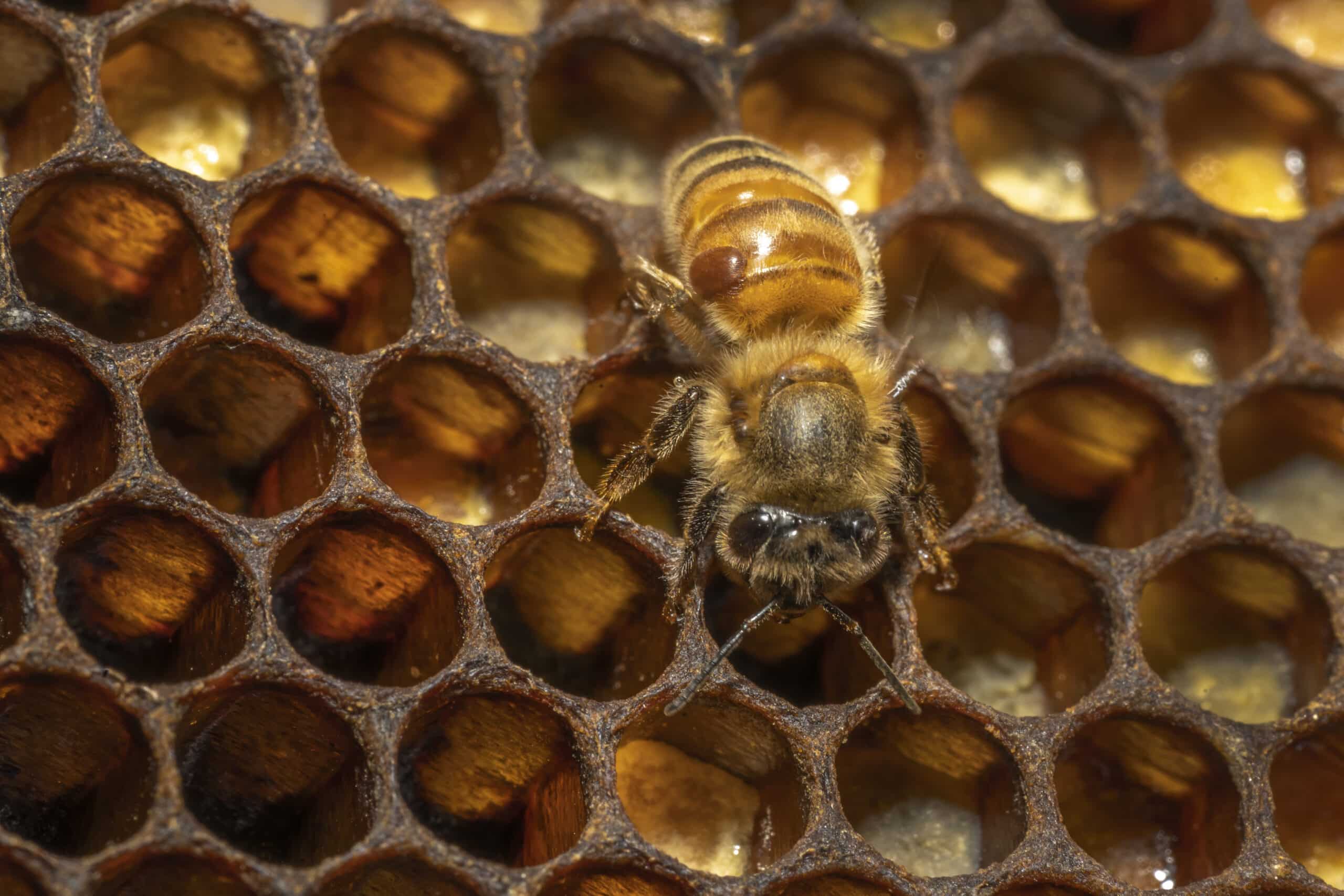
GreenLight acquires Bayer’s topical RNA Intellectual Property portfolio
An RNA product to protect bees against varroa mites
GreenLight Biosciences today announced that they have acquired rights to portions of Bayer’s topical RNA Intellectual Property portfolio. These assets include bee health capabilities to protect against Varroa mites, a major threat to honeybees.
The RNA-based Varroa mite control advance allows beekeepers to directly target the Varroa mite without harming the honeybee, a critical advantage to other treatments on the market today.
RNA’s potential for improving plant, animal and human health has been known for years, but widespread commercial use hasn’t previously been possible, due to RNA’s cost of production, and slow production time.
GreenLight’s proprietary, cell-free method enables the company to produce low-cost, high-quality, high-scale RNA in a safe and environmentally friendly manner.
“GreenLight’s manufacturing capability, along with their technical expertise in RNA applications, made them the ideal candidate to move these technologies forward,” said Shaun Selness, Bayer Head of Emerging Technologies. “Bayer’s project team made significant technical progress over the past several years on an RNA-based Varroa mite control concept and GreenLight is best positioned to bring a cost-effective product to market.”
GreenLight is committed to innovating sustainable solutions for plant health, human health, and animal health, and to making these solutions affordable and accessible.
“GreenLight is working to address humanity’s greatest challenges, from producing vaccines to protecting bees and other beneficial insects like ladybugs. The Covid vaccine has shown just how well scientific advances can be used to protect our health. We can use the same advances to help keep bees healthy – as if we are inoculating whole hives of bees,” said Andrey Zarur, CEO and founder of GreenLight Biosciences. “It is an honor to acquire the rights to Bayer’s groundbreaking technical work, so that we can bring it to beekeepers everywhere.”
You can find out more about GreenLight’s work on bees here.
Update: The Economist has written up GreenLight’s work on bees here.
